Chemical reactions involve the breaking and forming of bonds from "summary" of Chemistry by Russell Kuhtz
Chemical reactions are fundamental processes in chemistry that involve the transformation of one or more substances into different substances. At the heart of these transformations is the breaking and forming of chemical bonds. When chemical bonds are broken, the original substances are decomposed into simpler components. Conversely, when new bonds are formed, these simpler components combine to create new substances. The breaking of bonds requires energy input, which is known as an endothermic process. This energy is needed to overcome the forces holding the atoms together in a stable configuration. Once these bonds are broken, the atoms are free to rearrange and form new bonds with other atoms. This rearrangement results in the formation of different molecules with unique chemical properties. On the other hand, the formation of bonds releases energy, known as an exothermic process. This energy is released as th...Similar Posts

Communication is crucial in relationships
In relationships, the ability to communicate effectively is essential. It is the glue that holds everything together, the key t...

Energy is a conserved quantity that can be transferred and transformed
The principle that energy is conserved is fundamental in physics. This means that energy cannot be created or destroyed, only t...
Solubility rules dictate which substances will dissolve in a solvent
Solubility rules are like a set of instructions that determine whether a substance will dissolve in a particular solvent. These...
Colloid stability evaluation
Colloid stability evaluation is an essential aspect of studying colloidal systems. It involves assessing the ability of colloid...
Ionic compounds form through the transfer of electrons
Ionic compounds are formed through the transfer of electrons between atoms. When atoms of different elements come together to f...
